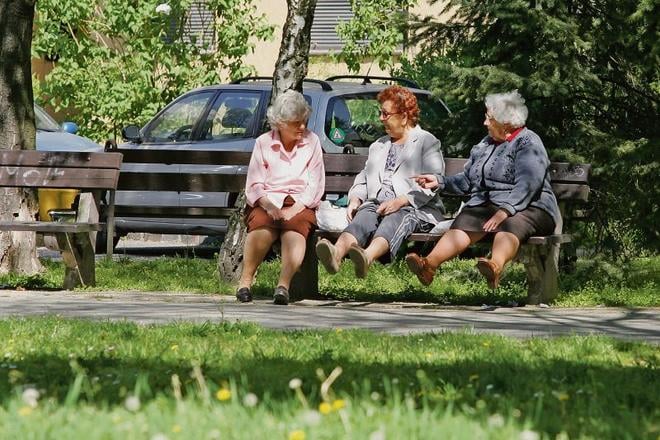The retirement age in Slovakia will be capped at the age of 64. Women will be able to retire earlier if they have raised a child. Women who raised one child, would be able to retire at the age of 63.5, while those with two children at the age of 63 and those with three or more children at the age of 62.5.
This stems from a constitutional amendment passed by parliament on March 28.
The amendment was supported by 91 MPs, with 37 against and 15 abstaining from the vote. Apart from Smer MPs, deputies of the Slovak National Party (SNS), Sme Rodina (We Are Family) and the far-right People’s Party – Our Slovakia (ĽSNS) of Marian Kotleba also voted for it. The proposal was also supported by five non-affiliated MPs and three MPs of Most-Híd.
The constitutional amendment was submitted by Smer.
Huge social act, Fico said
Capping the retirement age is a huge social act, said Smer chair Robert Fico at the press conference held after the law had been approved. As he stressed, Smer representatives do not want people to retire at the age of 72.
“We don’t want people to die while working at the machines,” he said at the press conference.
He also mentioned the possibility of anchoring the minimum wage in the Constitution. All three pension pillars should be added to the Constitution as well, he said.
Until 2034, there will be no increased costs in the pension system, Fico continued.
“If some occur then, we cannot put pensioners aside. We will solve it at the expense of other priorities,” he stressed at the press conference, as quoted by the Sme daily.
Populism in its clearest shape, opposition claims
Opposition parties Ordinary People and Ordinary Personalities (OĽaNO) and Freedom and Solidarity (SaS) opposed the amendment. As they claimed, capping the retirement age will harm pensioners.
“It is populism in its clearest shape, when politicians who are afraid of a decrease in their support create problems for our children and their children,” said SaS MP Jana Kiššová at the press conference.
12 percent less
Employers also criticised the amendment. This step will threaten the stability of public finances and reduce pensions for future pensioners, said the National Union of Employers (RÚZ), as reported by Sme.
Moreover, the measure is not supported by any analysis and does not take into consideration the impact on the economy, business environment, public finances and households.
Moreover, the change will cost about €120 billion over the next 50 years. This is a sum that would cover the functioning of state-run social insurer Sociálna Poisťovňa for 16 years.
“The proposal itself will lower the pensions of those currently in their thirties by about 12 percent,” Ján Šebo, an expert in pensions from Matej Bel University in Banská Bystrica, told Sme last year.



